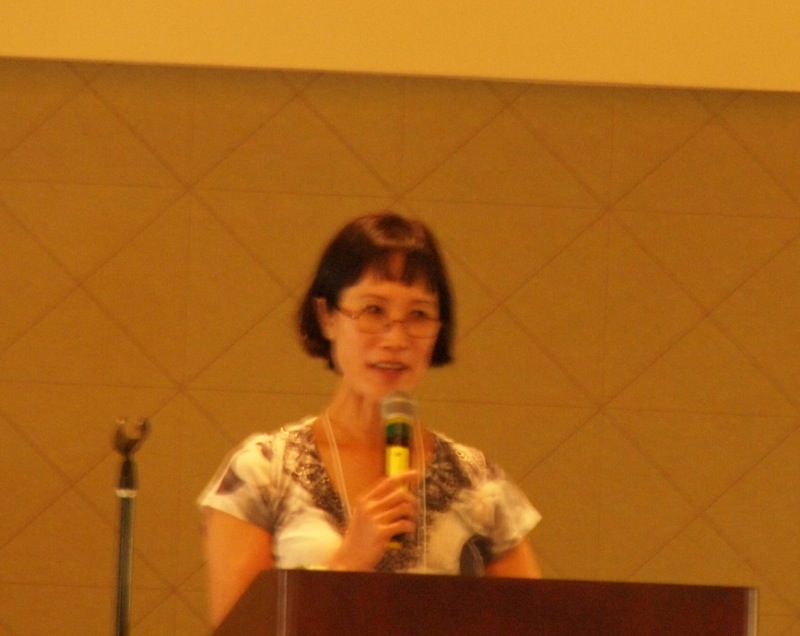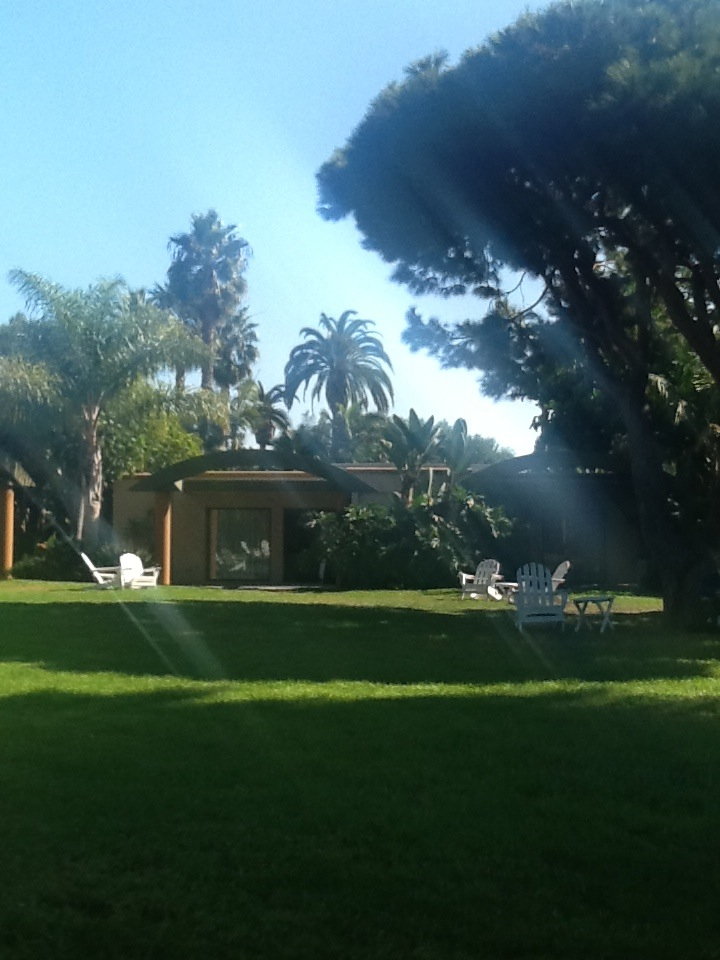La Jolla Writers Conference 2012
Yes, I am once again at the La Jolla Writers Conference. Learning to write. Because it’s hard, man!
I kid, only slightly. I think this is the third year in a row I’ve gone; before, I went every two or three years and took the time off on off years to sit my ass down and actually write. I signed up last year at the conference because I expected to be finished with my next book by now. As you can see from the progressometer in the sidebar, I am not. This leaves me in a bind because I am completely uninterested in what other people1 think of what I’m writing while I’m writing it. Even my girlfriend hasn’t seen most of it.2
If there are worse places to be when writing a book than at a conference of writers, I suspect they involve criminal danger and the threat of random violence.
- November 4, 2012: You can’t handle the truth
-
Warren Lewis revealed the source of wisdom today: Pittsburgh.
At two o’clock in the morning in a bar in Pittsburgh in a place you’re never going to be again, a guy puts his arm around your shoulders and tells you the truth.
Tess Gerritsen revealed the secret of being an author during the keynote at lunch:
As authors we race headlong into conflict. We take a bad situation and make it worse.
We race headlong into conflict. What everyone else is fleeing, we must embrace, if we want to be true to our craft.
- November 2, 2012: Let the reader be smart
-
I’m sitting out in the dark right now with the stars overhead. The touchingly funny keynote by Jacquelyn Mitchard is over (that’s where the amazing sunset came from). Most of the attendees are now settling in for the night, but the hard-core late-night read-and-critique will be starting in about an hour with Mark Clements. I think I’ll read from a page of thorny dialogue in the current book.
In two of today’s sessions the benefits of confusing the reader have come up. I made the point after hearing criticisms of one writers use of lingo in a horse novel that some of the best books have opening lines, paragraphs, and even chapters that confuse the reader until they learn the language of the story. I did not mention, but was thinking specifically of Katherine Dunn’s amazing novel Geek Love•. The first time I read the opening chapter it was incomprehensible—until I learned the language of the characters. I kept reading because the confusion was itself a compelling mystery. Of course, it does make it that much harder for the writer, to maintain reader interest long enough for them to grok your story.
Mike Farris said something similar in his nuts-and-bolts session on querying.
Don’t make anything 100% clear until you have to. Let the reader feel smart.
I think that letting the reader—or viewer, in the case of movies—“feel smart” is half of what makes some works great. Flexible interpretations make better stories.
Even agents? Especially agents. I have a friend who has changed their unfinished book’s focus twice because of what agents said about it.
↑You’ll get your chance.
↑



